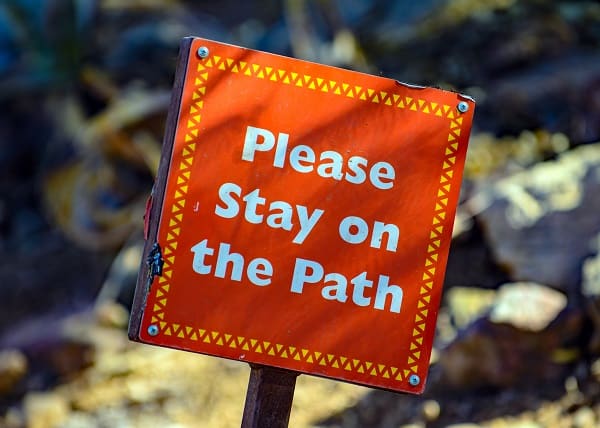Discussion Guide
When entering into any discussion about gun violence, please keep in mind that there may be survivors within the group. You might be more likely to know whether a member of your existing book club lost a family member to gun violence, but even then, close friends may not have shared their stories with you. With an average of 100 Americans being killed by gun violence every day, there are many survivors among us, those whose loved ones were victims of a crime, completed suicide with a firearm, were involved in an unintentional shooting, or were the victims of domestic violence involving a firearm. They themselves may have been a witness to gun violence. In the gun violence prevention movement, these are all considered survivors.
In the context of a public book club meeting at a library or at an open house, please keep in mind that there may be people you are meeting for the first time who have gun violence in their history. Compassion is at the core of all healthy discussions, even when there may be disagreements. Nowhere is this more urgently needed than in conversations around gun violence.
The suggestions below are for groups that may be meeting for the first or only time in a small setting, such as café or bookstore, or in a larger, public venue, such as a library or community center.
Suggested ground rules for potentially uncomfortable discussions
If you are a member of an existing book club that functions well, you may be able to skip this section.
- Refer to other group members by their names; do your best to pronounce names properly or ask for help.
- Let everyone finish their sentences.
- Listen to understand, but not necessarily to respond.
- Accept the speaker’s viewpoint as their truth.
- Be open to learning from others and hearing where they’re coming from.
- Don’t “single-story” others, that is, don’t make assumptions about their stance on guns based on race, gender, religion, political affiliation, rural or urban location, or socioeconomic status. No one likes to be judged. Period. Guns are threaded through American life in all sorts of ways. Hear others out.
- Come in with an understanding of the connection between “intent” and “impact.” You may not have intended to harm anyone with something you say, but the impact – how it lands on another person and their response to it – is real and valid.
- Be willing to acknowledge when you may have harmed someone with something you’ve said – even if you didn’t mean it that way. Apologize. Commit to doing better. We are all here to learn and grow through our discussions of literature!
- If the conversation strays too far from the text, recognize that the organizer(s) may try to steer the discussion back on track.
- Navigating these tough conversations is hard work. Be proud of yourself when you stumble and recover. This is growth!
- Celebrate the connections made over the course of the conversation!

